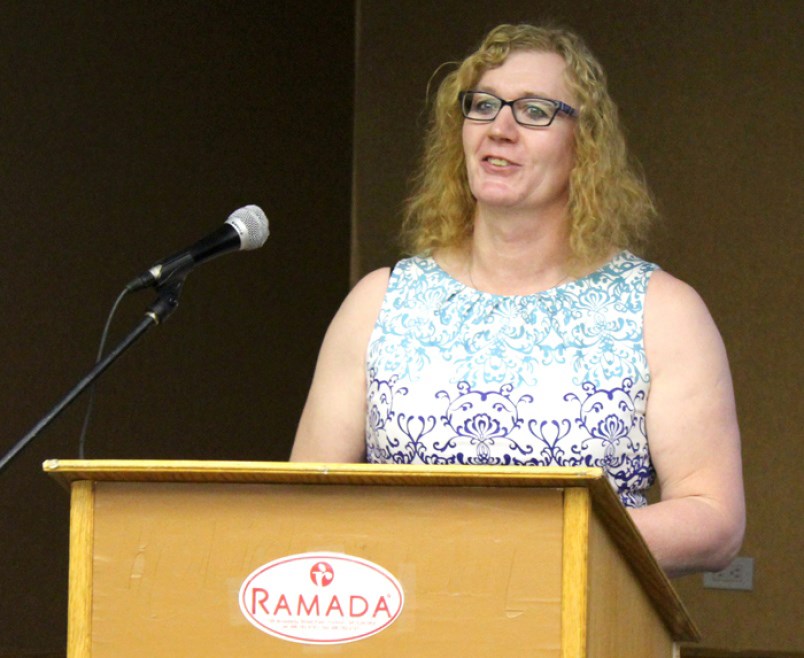When Laura Budd filed a complaint about changing the gender marker on her birth certificate in 2014, she contributed to a snowball effect which has resulted in a major court decision.
On May 24, the Court of Saskatchewan ordered the provincial government to allow for the removal of gender markers on birth certificates. The Northwest Territories, Newfoundland and Labrador, Ontario, and Alberta permit non-binary markers on birth certificates, but Saskatchewan is the first province where the court system has ordered the government to allow for the removal of gender markers. The Saskatchewan court gave the government 45 days to apply the changes.
In a press release, the Saskatchewan Human Rights Commission (SHRC) cited Budd’s 2014 complaint, along with a separate 2017 complaint, as key influencers in the Regina Court of Queen’s Bench decision.
“The removal of gender markers from birth certificates will greatly benefit our transgender community,” said David Arnot, Chief Commissioner of SHRC, in the press release. “I’d like to thank the complainants and their families for their courageous pursuit of this important human rights issue.”
“It’s a huge step,” Budd said.
In 2014, Budd, the education coordinator with the Saskatchewan Pride Network, wanted to change the gender marker on her birth certificate. She discovered that the Vital Statistics Act, 2009 (VSA) required transgender people to undergo gender reassignment surgery before they could change their birth certificates.
“I dug further into the Saskatchewan process,” she said.
Budd found a Albertan court ruling from April 2014 in which a judge stated the surgery requirement in the VSA should be dropped. She submitted her applicatiion to change her birth certificate in June 2014.
“They made a ruling saying there was no precedent for this,” she said.
Budd filed a complaint with SHRC stating that VSA violated section 12 of the Saskatchewan Human Rights Code. The section is titled “discrimination prohibited in places to which public admitted.”
“We went through an investigation,” Budd said.
In 2016, Budd took her complaint to Regina. The judge ruled in her favour, allowing her to change her birth certificate.
“Moving forward, this is a great thing,” she said.
Budd is pleased with the Court of Queen’s Bench decision to allow others to change their gender markers.
“I was excited for my non-binary friends,” she said. “If you feel you don’t fit [the binary], it isn’t going to hold you back anymore.
“Your life has been validated by the provincial government.”
Budd thinks the world’s eye will be on Saskatchewan after this major court decision to see what happens next.
“This is landmark,” she said. “I don’t know anywhere else where this has been tried.”
Going forward, Budd thinks there needs to be further public awareness about the transgender and non-binary communities.
“We have a lot of public education to do,” she said. “[Non-binary] people are finally being recognized.”




